2020 was a crazy year for a lot of reasons. We don’t need to go over the depressing things so why don’t we unpack what’s been booming instead?
Everything from the stock market to e-commerce has profited off of this pandemic and soured to its record highs. Yet, nothing has been in more demand, hotter, gauged up in price and the suburbs are finally back than with real estate.
As a 20 year old NYU college student who lives in my family home in NY, although I was able to afford my own studio apartment to live on my own, there was no need to since I could easily commute for free and instead find a place to lease out to my very own tenants at the start of the pandemic back in April 2020. For me, this was an opportune moment as I’ve been saving, living a frugal, minimalist lifestyle my parents have taught me to enjoy all my life which has allowed me to rise the ranks of landing a coveted spot in the 1% for my age group and above most Americans before I can even legally drink! Buying a property that I could call home for myself or preferably rent out for passive income was a goal I had never thought could be achieved, especially during a recession.
After all the history classes, parent’s stories of the financial crisis of 08 and 9, I knew when Covid hit, it would be another hurdle to purchase a property. I knew NYC will always be popular, rent prices will only go up and Manhattan will forever have valuations that no one could ever wrap their heads around, until, well, Covid hit and everything flip flopped for the better.
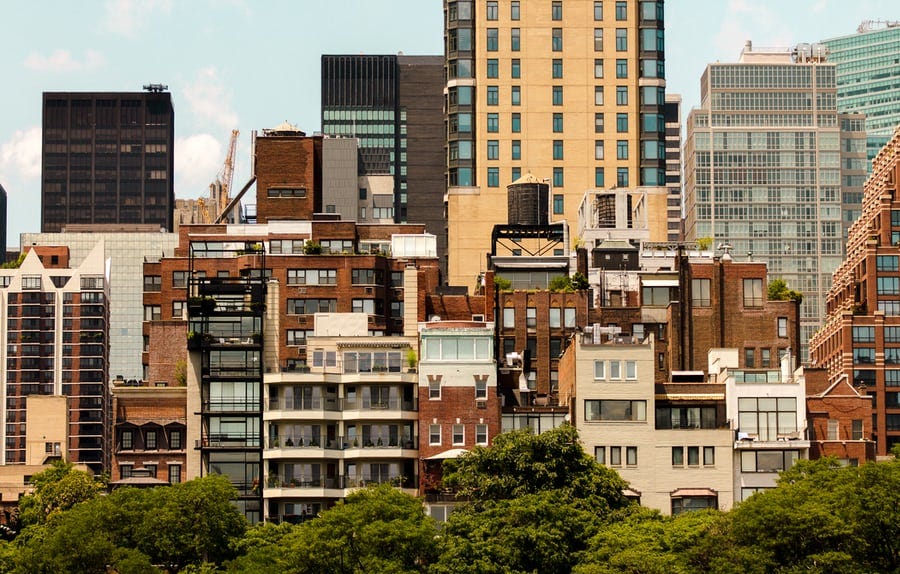
Cities Are Dead?
Right now there’s a lot of rumours that big city living is dead. I know, WFH, flexble schedules, commuting is discusting, prices don’t match expectations so on and so forth, but as real estate always tends to outperform the stock market, here are my reasons on why big city living is here to stay:
-New York to San Francisco, the brightest and most innovative cities in the world can never be replicated elsewhere. Texas can recruit its people and build better offices, but the food, to sites, diversity, location will never be the same
-People always need attraction, excitement and the thrill in their lives. You just won’t get the same amusement in Charleston as in NYC theatres and parties. People are dying to get out and when they can after the pandemic is all over, I guarantee you every taxi will be taken, museums will be filled with lines and people will be packed like sardines as subways are meant to be
-Some businesses just won’t relocate such as big banks, beloved restaurants and the tourists will always be here
-People have different preferences and situations, especially city dwellers. When you move to New York, you make a commitment to yourself that you will forgo living space for life outside. It’s a pretty good deal when you ask me. When you’re a New Yorker, you barely spend any time at home. There’s just too much to do outside and cabin fever is non existent! No wonder New Yorkers are the least depressed but still lonely, which we need to fix…
-Paying for experiences rather than things is a priceless investment
Over the past few months after securing a down payment in full paying all cash for my property, finding tenants on my own through a mutual connection, a guy I used to work with which allowed me to skip the trouble to pay those pesky mortgage fees, broker fees, etc., all I’m left with now are tenants to monitor and passive income into my pocket!
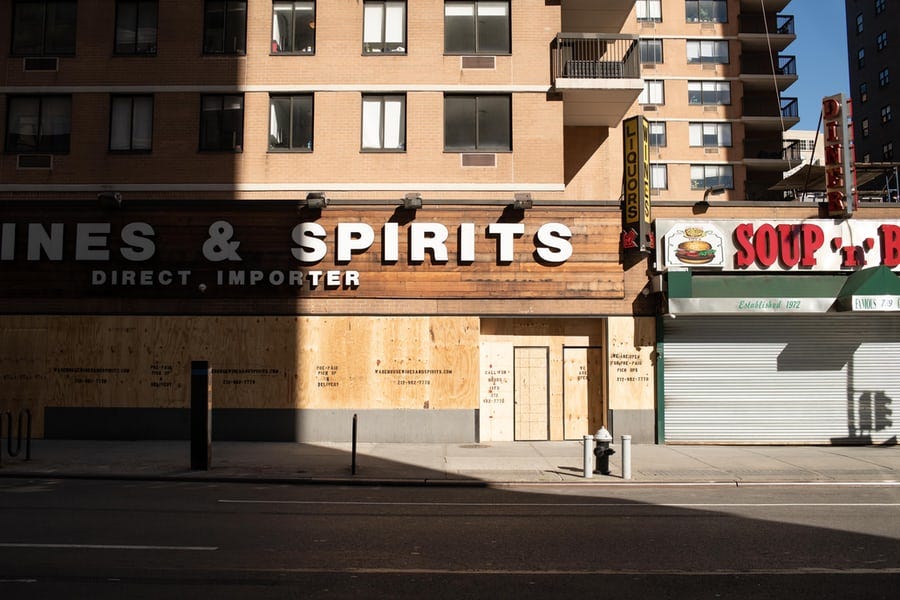
Why I’m bullish on real estate and why you should too:
-Always and consistently outperforms/ beaten the market
-Everyone needs a home=constant demand
-Lock in a great price during a recession, especially in cities where residents are leaving and younger people who never thought they could afford the city are now relocating and willing to pay a little more since thye don’t know the real prices int eh city and what’s a good deal
-It will always go up in the long run as long as you find tenants and sell it during the warmer months, worst time to sell = January + winter months
-Levearge, positive cash flow and tax advantages charging any fees, construction, even commuting fees to your property counts as abusiness expense that can be counted as a loss when it comest ime to paying taxes
As much as real estate is a great asset and the most popular income stream for the wealthy, it is pertinent to understand why you shouldn’t buy real estate as well. Weighing both options will help you make the most rational decision and not jump the gun. Just because I’m 20 and did it doesn’t mean you as a 34 year old needs to. We’re all on a different path. But no matter what, the best approach to take is always to start early.
Before I purchased my property, I had been saving meticulously for years, building up my income streams to almost 7 figures, on track to becoming a millionaire by the end of this year and know the NYC market pretty well since my family owns several additional priorities in the city that we’ve been renting out to for decades. Don’t fool yourself into thinking you no more than you really do.
This is money on the line after all.
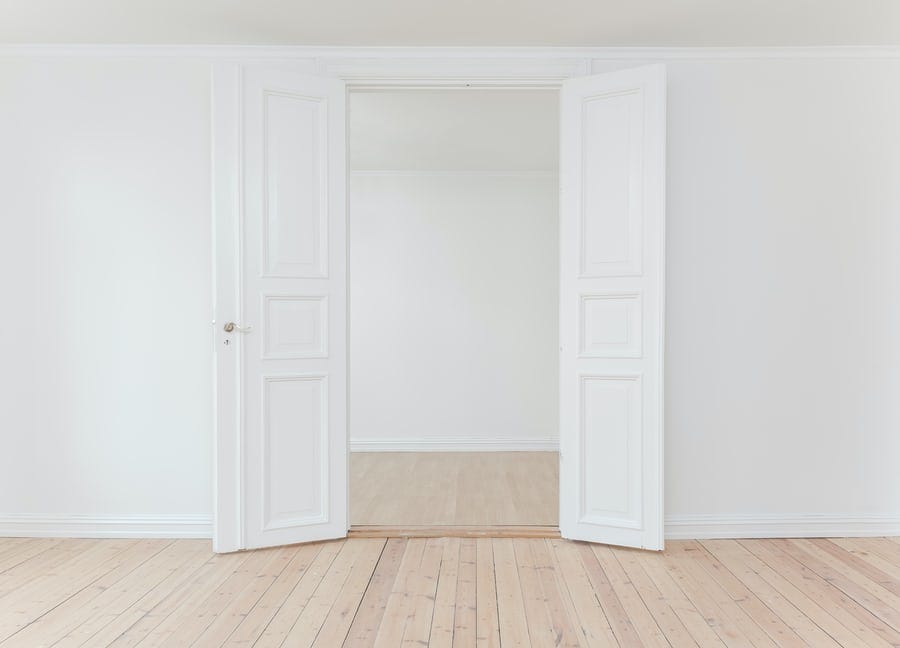
#1: Not Prepared for a Down Payment
Whenever one is looking into a property, most prospective buyers forget the biggest decision of all: opportunity cost. I would go on a limb and say that almost everyone who regret their home purchases, which is roughly 44% of adults, didn’t do the math ahead of time, to make sure buying a home was really realistic and in their best interest to simply make sense to buy a home. Just because you have the funds doesn’t necessarily mean buying a home is the right choice at the right time. Paying attention to the market, season, demand and future expenses are crucial as well. And if you cannot afford more than 20% of the down payment, that is a tell tale sign, you aren’t ready to make this commitment. A mortgage is like renting. You don’t fully own your property unless you pay it off in full 30 years later if you still have it.
#2: You didn’t factor in transaction cost
When you’re buying a home, you’ll have to pay for a home inspections, escrow charges, title fees, appraisal fees, and loan origination charges, transfer taxes, broker fees, notary fees, filing fees, etc. etc. that all add up. And don’t forget the down payment in cash!
In addition to that, the transaction costs are much higher when you sell because there’s often real estate agent commissions, banks and lawyers to pre-approve you for a mortgage, make sure you are financial secure to buy the property and won’t fault turning it into a foreclosure a few months in and perform background checks on you to make sure you are trustworthy, etc. When everything is complete, selling a home can easily cost you another 4–6% of the homes value from start to finish. This means just to break even on the purchase you need to sell your home about 7% higher, otherwise you’ll start to pay out pocket for these transaction costs which doesn’t make sense. Ultimately by the time you sell the property in a few years, 5–7 which we will touch on next, you should’ve GAINED value on your investment property not lost money.
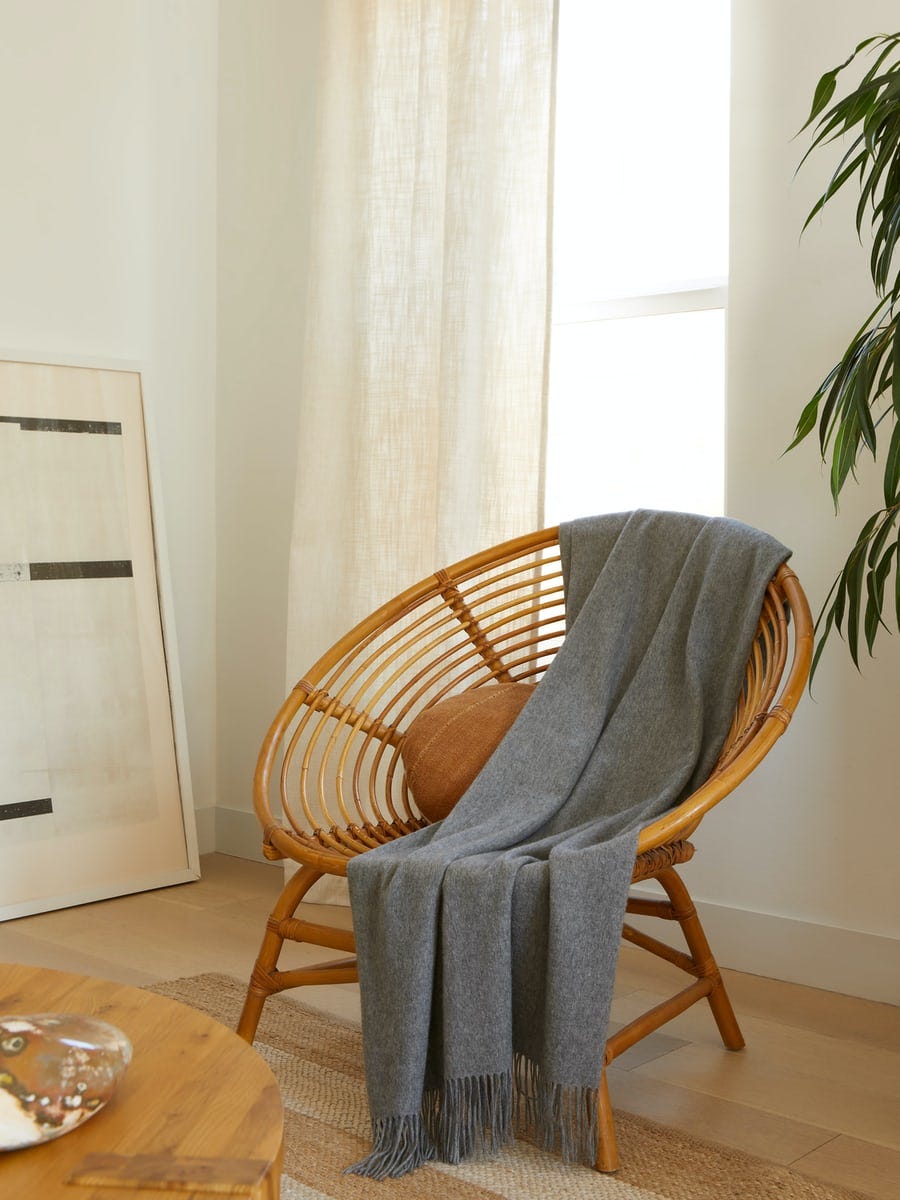
#3: If you don’t plan on keeping it for at least 5–7 yrs
The shorter you plan to keep your home, the riskier it is that you’ll make money owning it. Just like with investing, the longer you keep your assets tied in your portfolio and stay patient not a day trader, you will see profit over a consecutive period of time.
Transaction costs, property taxes, insurance, maintenance and repairs are all non-recoupable costs that you will not make back coming out of pocket. And while we’re at it, don’t forget furniture, any repairs/construction, insurance all on top as a bonus expense!
Factoring all of this in, the breakeven point for most homeowners is going to be around 5–7yrs and in almost all situations, the longer you keep your home, the more likely are to make money. Know when to buy and when to sell as well, when it comes that time.
#4: If you’ve only budgeted for your mortgage payment
The mortgage payment will make up a portion of how much that home will actually cost you. When you add up property taxes, insurance, maintenance, repair and construction costs, insurance, electricity-gas, heat, etc., you are really looking at a double expense per month. Expect to pay more for a home. There’s always more charged to your name than expected.
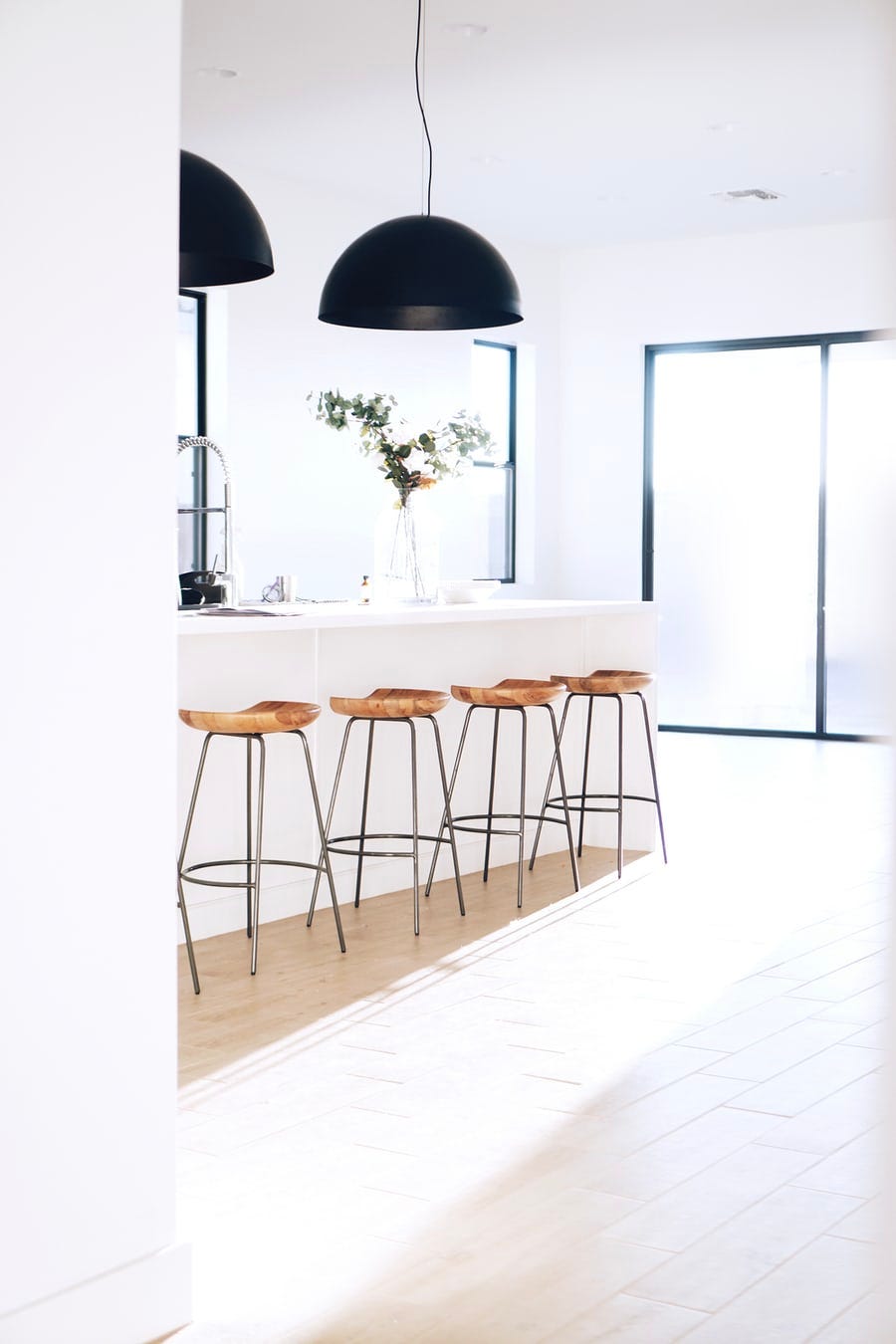
#5: If you don’t keep a 6–12 month safety fund at all times
Cash is king. Emergencies are not impossible and just like with insurance, when you need it, you cannot buy it. Financial experts, gurus, advisors, your mother, you name it will all, hopefully, advice to have 6–12 months of cash on hand in case you loose your job and need to live off of that cash while looking for a replacement.
But to make your life easier, increase your income streams so you don’t stress if you quit your job because you have 6 other sources like I do to keep you afloat. But no matter how much money or streams you have, they all can go. Hoping for the worst and planning for the best is crucial. Yes, cash deflates due to inflation but needing to sell your investments that take a few days and scrambling to find the cash is simply not worth it when you have the option to keep it in CDs or in a savings account. It is worth it to sleep at night.
These funds will help supply your home in case of an emergency such as a late night repair to the pipes must be done or the heat broke and an electrician needs to reinstall something that you didn’t expect to break. These things are out of your control and the best thing you can do is to prepare and hope they never happen.
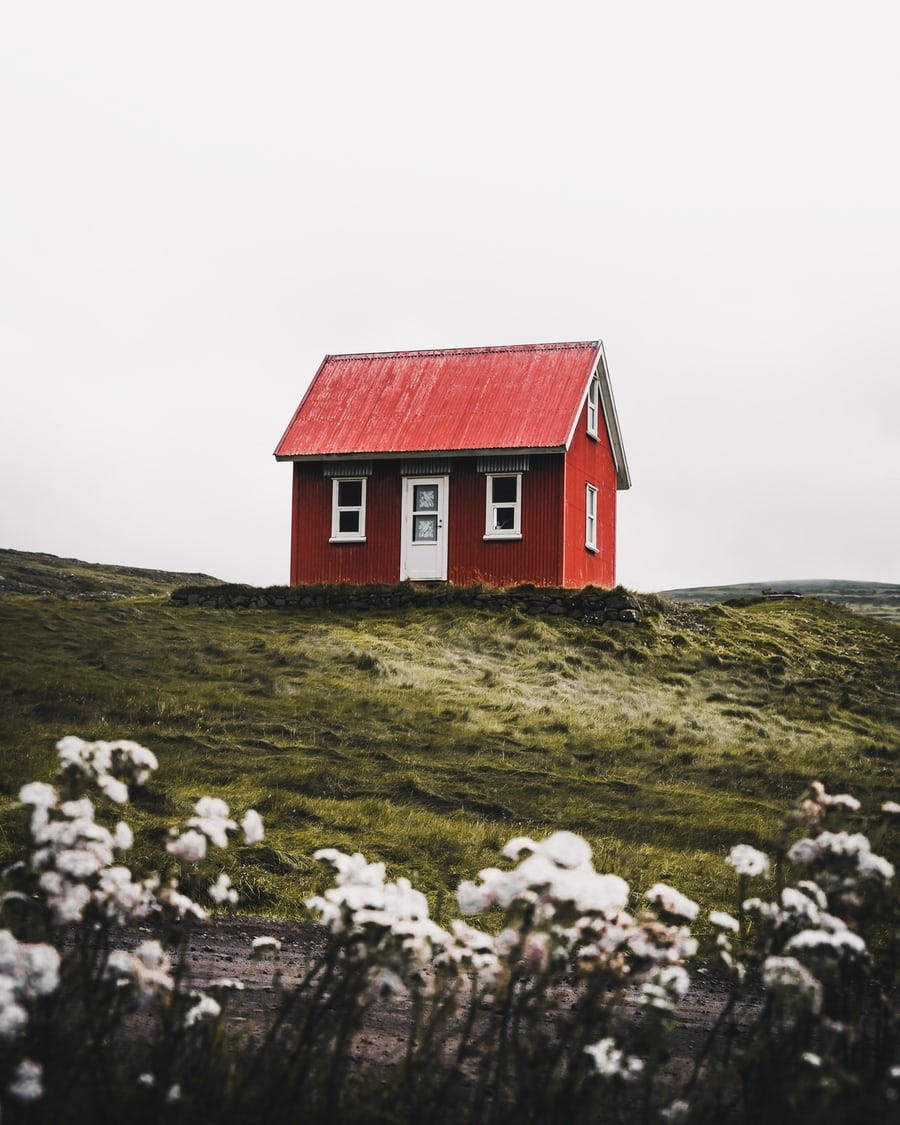
Owning real estate is one of the most lucrative ways to grow supplemental income and could end up making you a significant amount of money to live off of. It sure was one of the best financial decisions my family and I have made with all our properties to grow our wealth from without working another job.
Yet, it is important to note that in order to earn passive income, you must put in a substantial amount of time, effort and money to fixing up a property, finding tenants, dealing with interested buyers, etc. etc. as discussed above.
If you are willing to put in the work, then you will see the gains. As always, make sure to run the numbers, visit at least 20 properties before making a decision, consult friends, family, anyone you know for a second option and absolutely, 100% sleep on it for at least a few months. Don’t feel FOMO if you didn’t get the property of your dreams. There will always be more properties, especially down south and in the midwest where city dwellers are relocating. Snag a good deal before it’s too late down there but don’t do it just because its a good deal. Make sure to have valid reasons why. Be patient, practical and purposeful.
This is a big transaction that cannot be reversed.
I believe in you.

